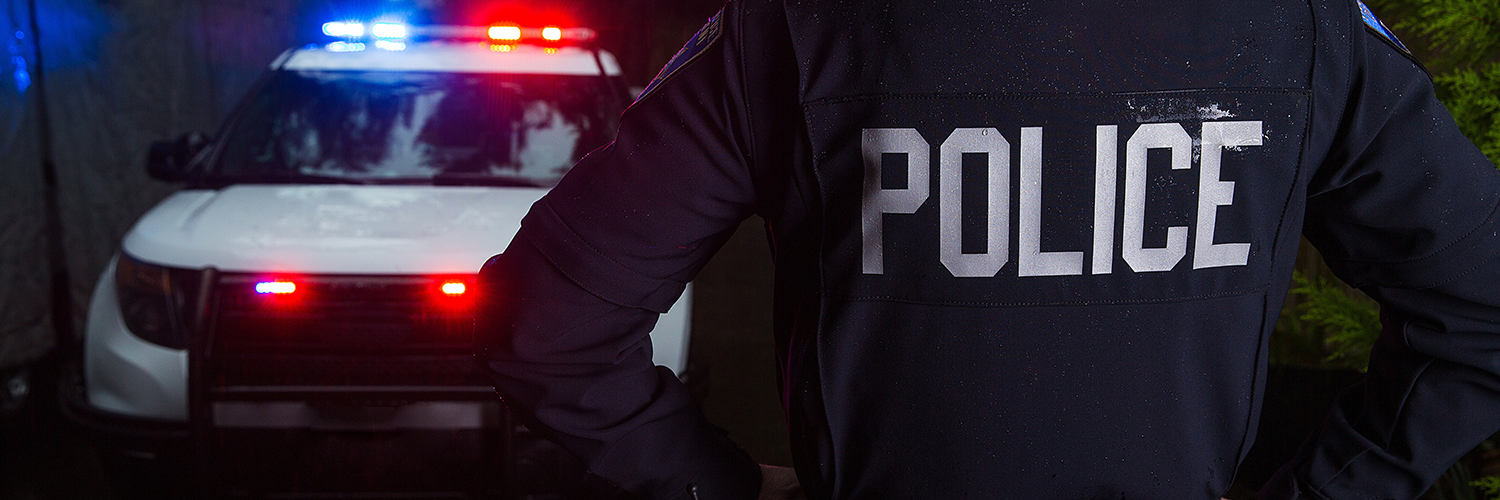Due to recent events in the past few months, American liberals had a moment of clarity when they realized that police unions act a whole lot like unions. In this shocking discovery, there was almost an anti-labor movement developing among those who typically endorsed all labor unions regardless of their individual worth or whether they provide a worthwhile product.
This lead to hilarious headlines such as “Police unions become target of labor activists who see them as blocking reform,” which is objectively funny, given that all unions, especially teachers unions, are far more guilty of blocking needed reform.
Another headline read, “Why do police unions talk and act like the Mafia? How can we stop them?” which seemingly ignored the fact that the International Brotherhood of Teamsters is most famous for being infiltrated by the mafia in New York.
Many of our checks and balances on private-sector unions exist today because the Teamsters UNDER Jimmy Hoffa were so thoroughly corrupt.
Even now, many unions are coming together in their call to defund the police and wish to distance themselves from the perceived wrongs of police officers unions.
Believe it or not, the problems aren’t just confined to one union. Whether it’s a police union, a teachers union or any other public employee union that blocks reform and tries to maintain the status quo, the issue is the way these unions use their political clout to influence decisions that have nothing to do with the well-being of their members.
If all these unions did was try to get a better wage for their employees, very few would actively call for their removal.
In California, there have been several attempts to limit the outsized influence public employee unions have in political circles. In 1998, for example, Proposition 226 — dubbed the “paycheck protection” initiative — attempted to cease the practice of unions using dues dollars for political spending.
While the committee to enact the proposition raised $6.4 million, a coalition of labor groups raised more than $24.8 million, no doubt from their own members pockets, to make sure it never became law.
Again in 2005, Proposition 75 would have required permission to withhold union dues for political purposes. While those in favor raised nearly $5.8 million for the initiative, another coalition of labor groups raised $54.1 million to defeat it, which they did.
Outspending their opponents nearly 10 to 1, it was destined to fail. The California Teachers Association and SEIU raised more than $22.1 million alone to defeat it, with the California Democratic Party kicking in $3.2 million of its own to defend its largest funder.
Finally in 2012, Proposition 32 aimed to accomplish the same objective as its predecessors. This time, a coalition of labor unions and their supporters raised more than $73 million to defeat it. The California Teachers Association donated more than $21 million, while SEIU donated $13.4 million.
None of these propositions would have made it illegal for unions to spend money on politics, they would just have to ask their members for permission first. But when you have access to millions of dollars to influence California politics, why would you willingly give that up?
Ultimately, everything negative that has been said about police officers’ unions could be said about any public employee union in California.
Massive unions like SEIU and the California Teachers Association love spending their members’ money to tell others how to behave, but perhaps they should look in the mirror before pretending that they own the ideological high ground.












